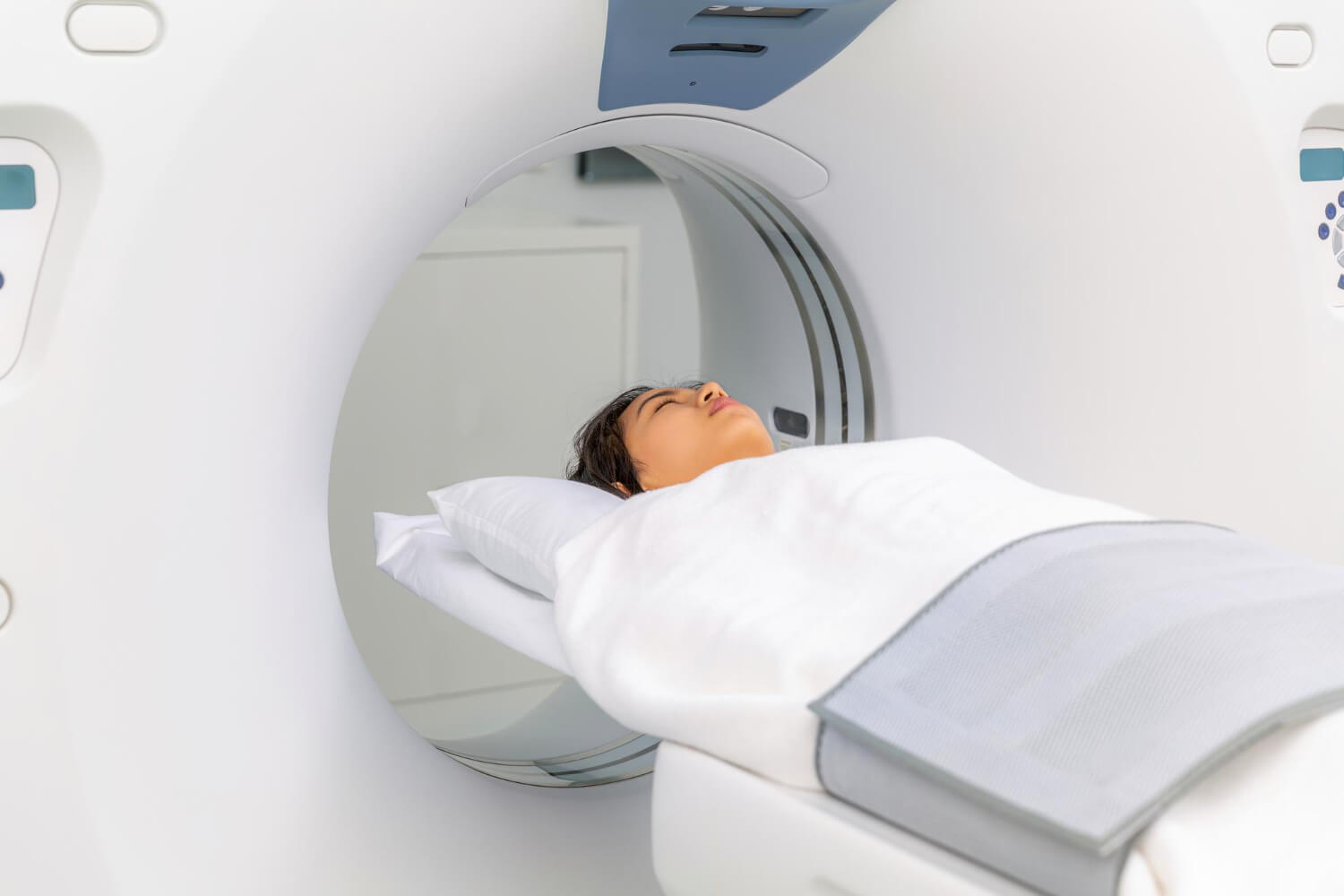X-rays are a primary part of medical imaging. I have come up with a detailed guide based on the information that will give you a clear understanding of X-rays, how they work, and what individuals need to know about X-rays before, during, and after the procedure. Let’s jump into the details without further ado:
What Are X-Rays?
X-rays are a type of electromagnetic radiation, like visible light, but at a much-advanced energy level. These rich energy waves can enter the human body, creating images of its inner structures. X-rays are most commonly used in the medical turf for analytic purposes, allowing healthcare providers to identify and scrutinize a wide variety of conditions.
Why Are X-Rays Used?
X-rays serve diverse, significant functions in healthcare. They are essential for detecting fractures and injuries, examining the development of certain disorders, and even identifying conditions such as cancer. Dental care also depends significantly on X-rays for the detection of oral health concerns. Understanding why X-rays are used is very important for informed patient care.
Preparing for an X-Ray
Before your X-ray, it will be wise to pursue precise preparations. In some cases, you may need to put on a hospital gown, and if you are wearing any metal objects, you need to remove them. If you are pregnant, inform the radiologic technologist about your pregnancy. It’s because X-rays can be harmful to a developing fetus. For a smooth execution of the process, ensure that you are satisfactorily prepared.
During the X-Ray
For getting your x-ray, you will be positioned depending on the site and part of the body being imaged. The radiologic technologist will vigilantly set up the X-ray apparatus and guide you into the proper position. Your radiologic technologist can ask you to hold your breath for a moment to capture more explicit images. Remaining still is essential to getting accurate results.
X-Ray Safety
X-rays release a nominal amount of radiation to generate images, which is usually considered safe. It is crucial to notify your healthcare provider about your condition if you are pregnant. In such cases, other imaging techniques can be used to reduce radiation exposure.
Receiving Your Results
After your X-ray, a radiologist derives the images and composes a report for your doctor. You will discuss in detail the results during a follow-up appointment. Sometimes, under certain conditions, you can receive the preliminary results immediately, which can help make timely decisions regarding your care. Regular and healthy communication between you, your doctor, and the radiologist guarantees a complete understanding of your well-being.
Common Types of X-Rays
X-rays are also used to scrutinize different body parts; some general types of X-rays include chest X-rays, bone X-rays, dental X-rays, abdominal X-rays, and mammography. These particular X-ray techniques are immensely helpful in evaluating specific regions and disorders, covering everything from lung health to dental anomalies to bone fractures and breast cancer imaging.
X-Ray Risks and Benefits
While X-rays deliver vigilant diagnostic perks, it’s essential to concede the balance between these benefits and possible hazards. Advantages like early disease diagnosis, guidance and proper counseling during surgical practices, and monitoring the efficacy of treatments. On the other hand, there are nominal perils associated with radiation exposure. Your healthcare provider cautiously considers all these components to guarantee the best possible care while keeping your well-being and safety in mind.
X-rays are inevitable apparatus in present-day medicine, allowing healthcare providers to look into the human body and assist treatment decisions.




